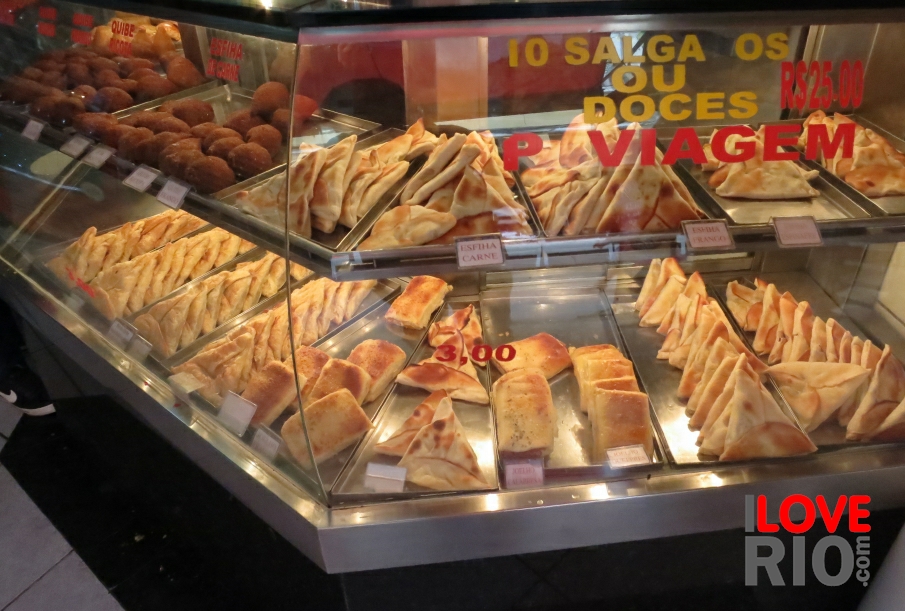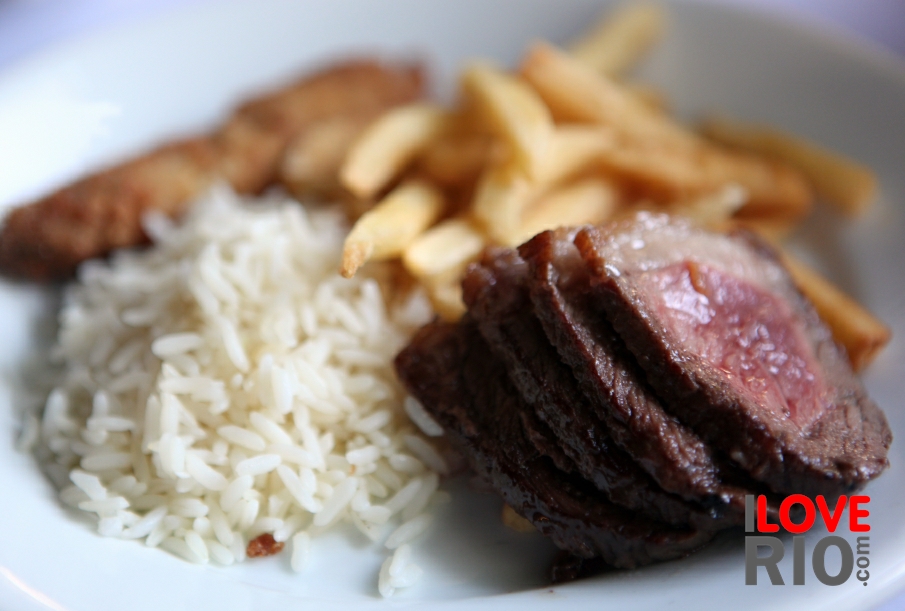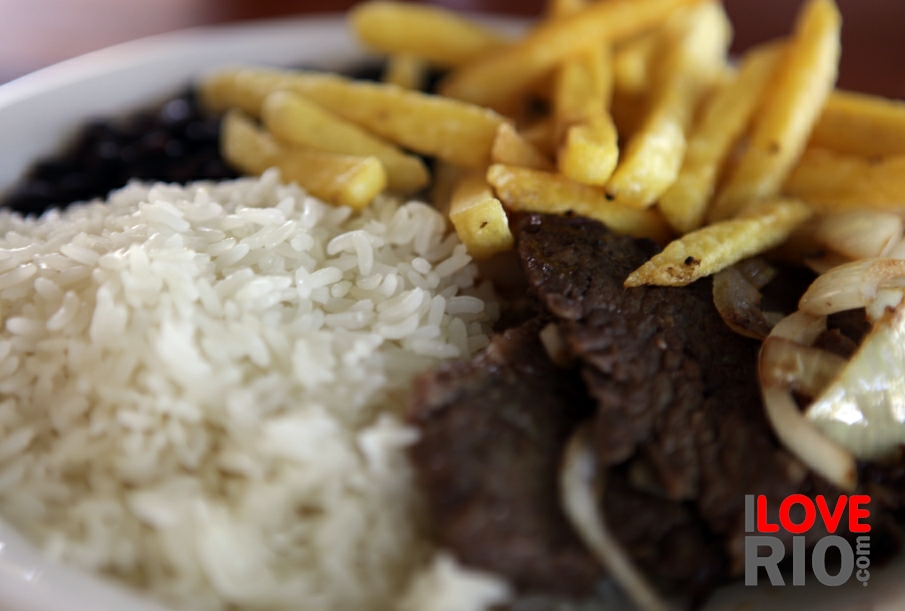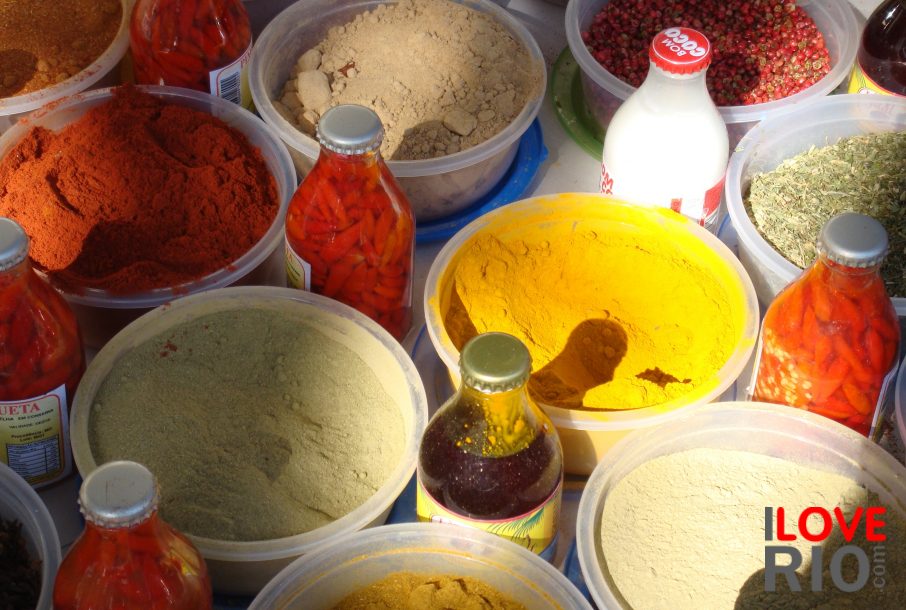





over the course of the century, tea production increased dramatically, with the plantations of the city eventually supplying the european market, especially the english.
yet, in that period tea never became truly popular, and even the plans to further expand exports were eventually cancelled.
one of the possible reasons why tea did not broadly take off in rio de janeiro, was the fact that europeans were accustomed to sweetened black tea, as opposed to the bitter green tea that was being locally produced.
this is when the chinese immigrants left the tea trade and entered a variety of other ventures, mostly related to small commerce and trade - today, many asian-cuisine restaurants in rio de janeiro, employ chinese-brasilian chefs, including japanese and thai .

restaurants









